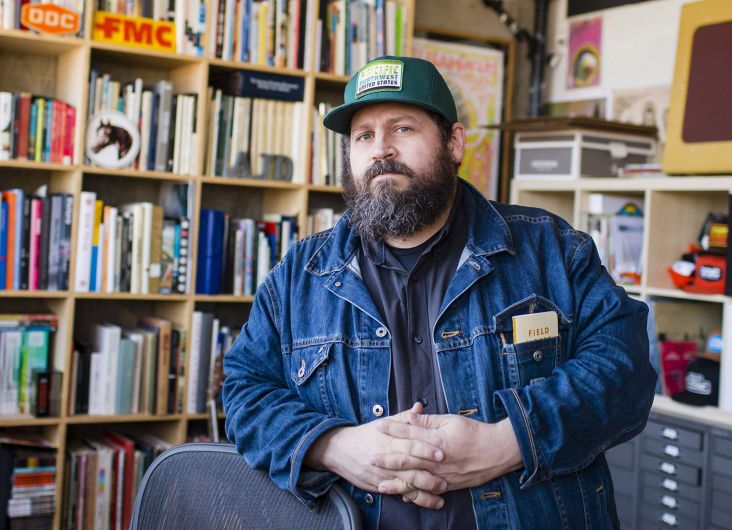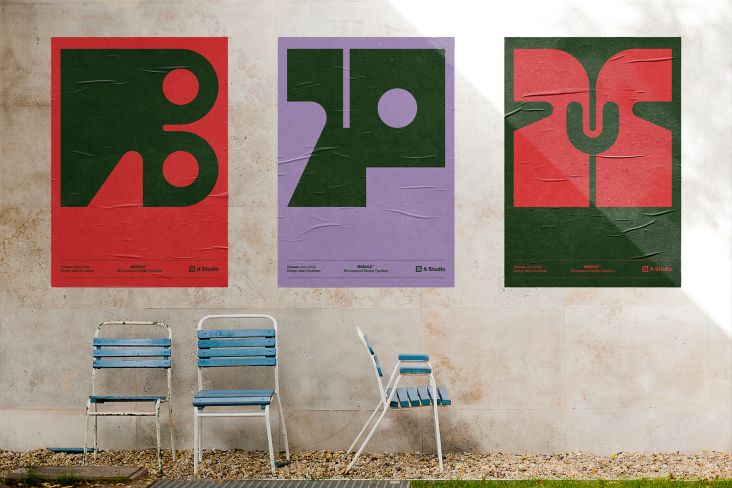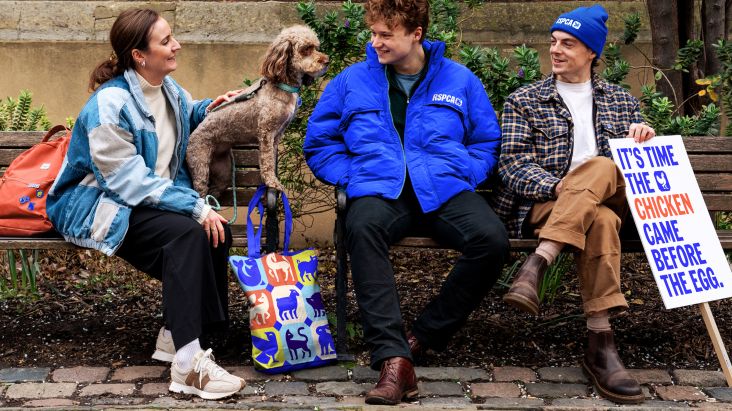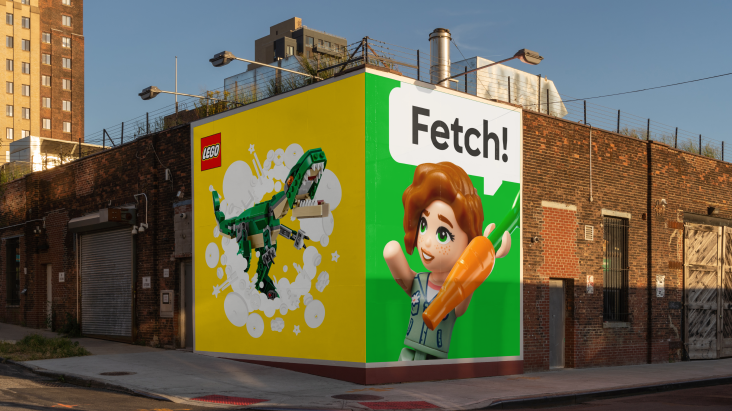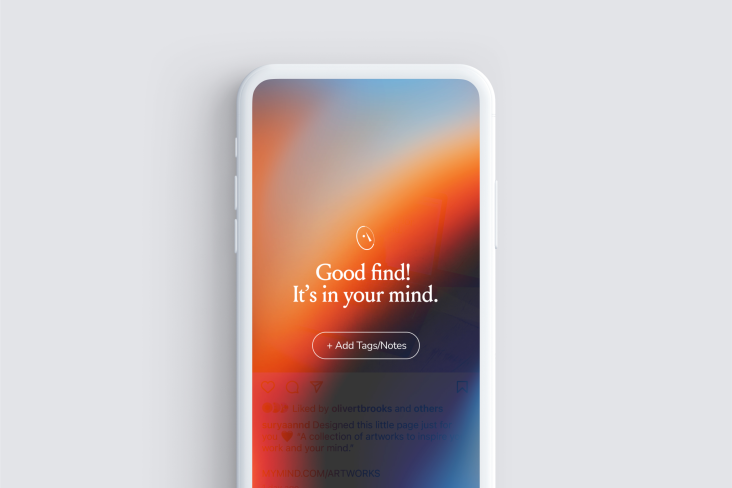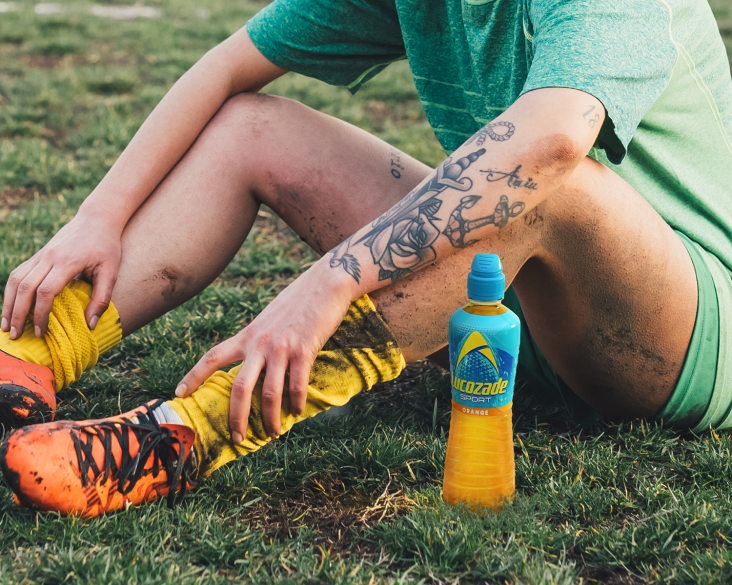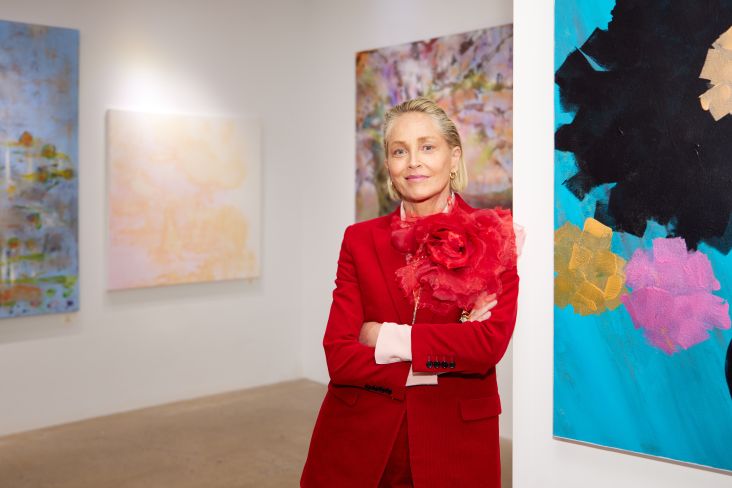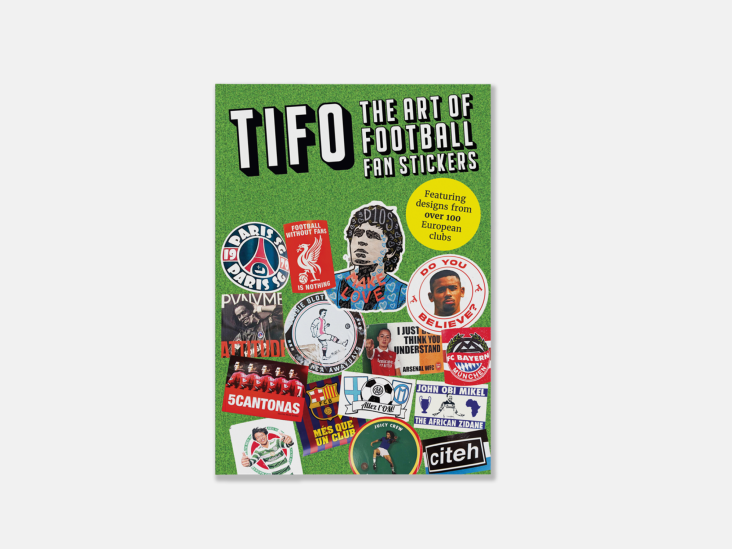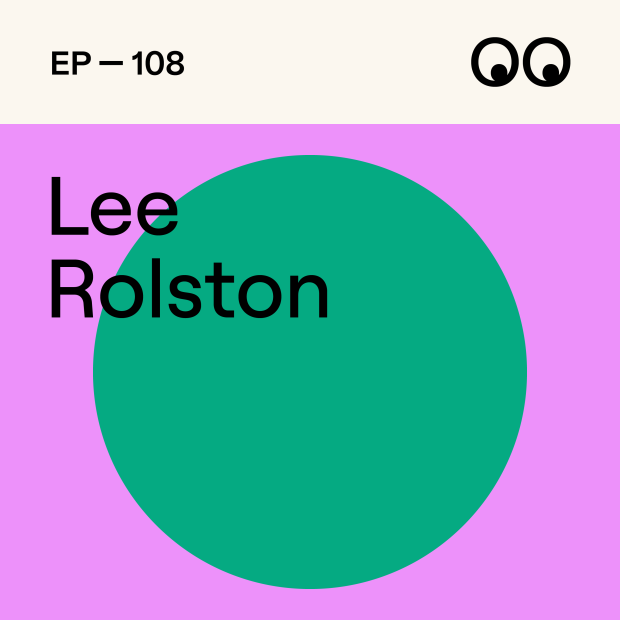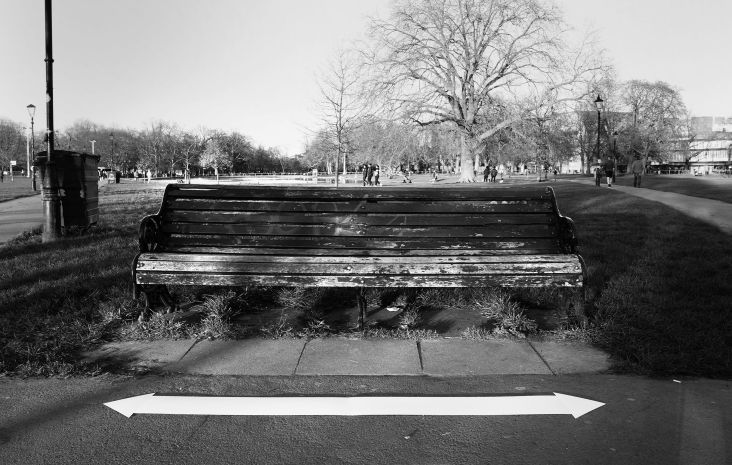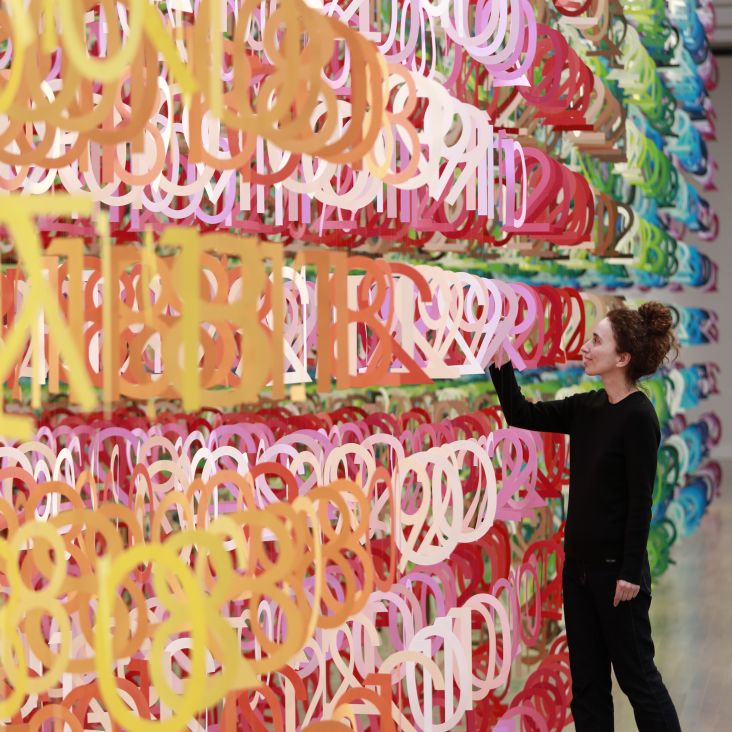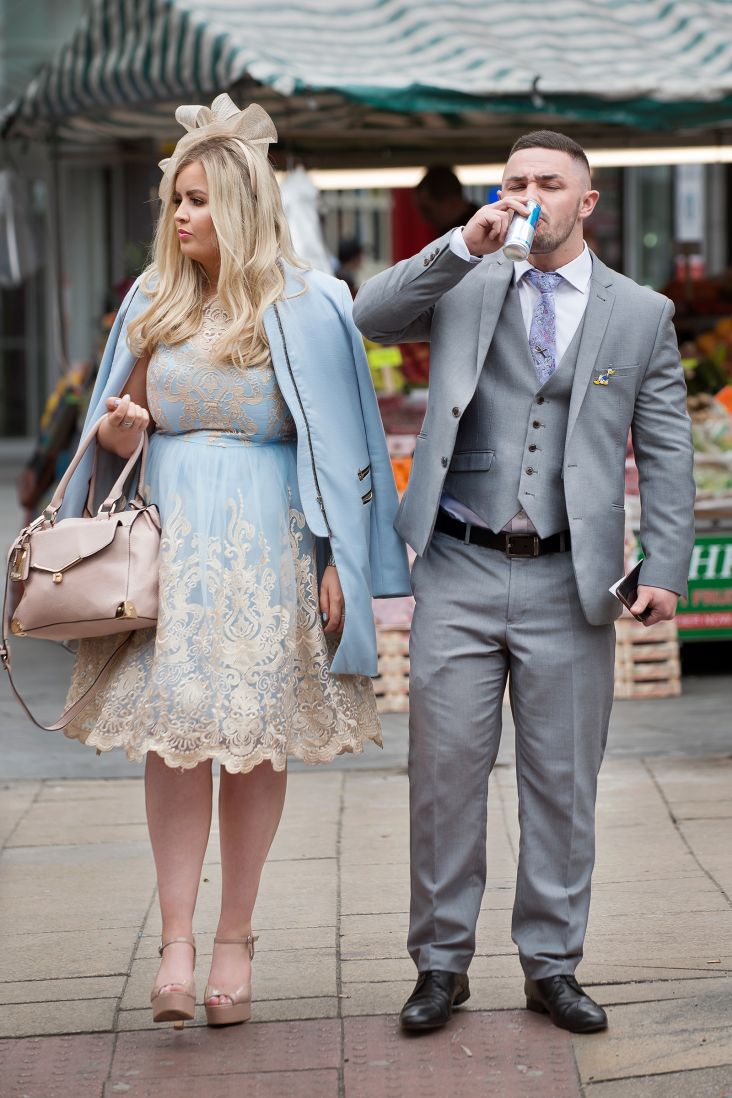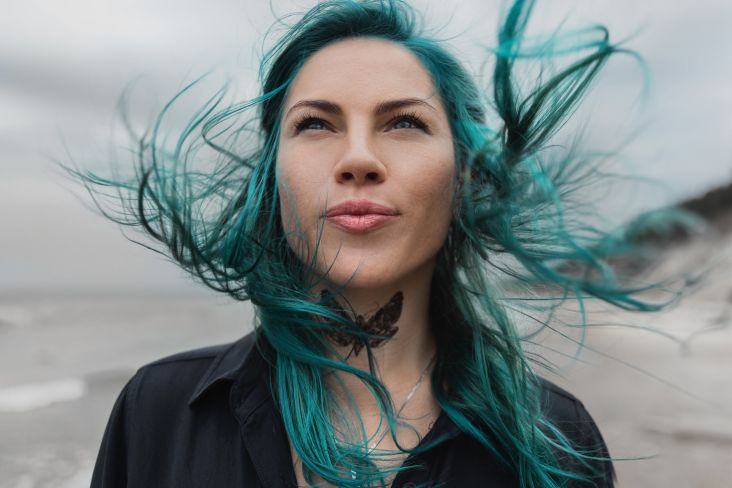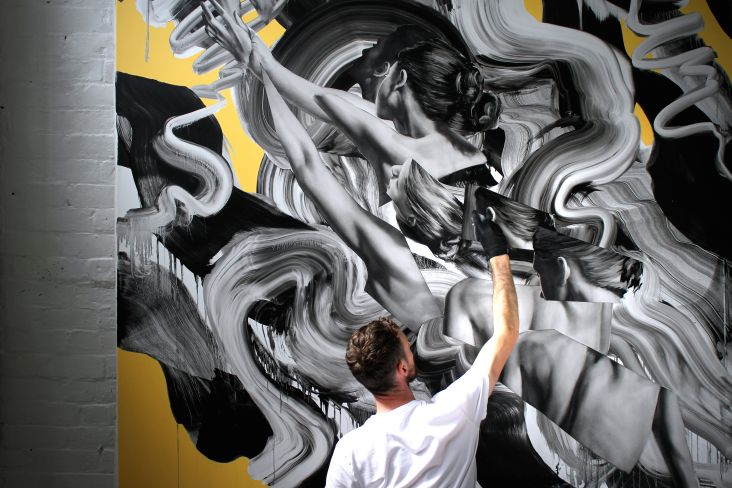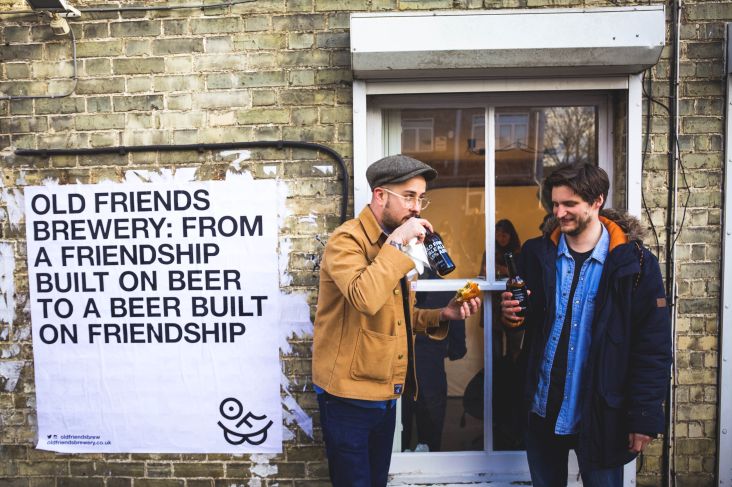From three to 70 people: Five things Uniform's Nick Howe has learnt in two decades of running an agency
Back in 1998, graduating from Liverpool JMU as a product designer, along with a bit of marketing knowledge (that's the beauty of a joint honours degree for you!), I came out of university with a certain attitude.
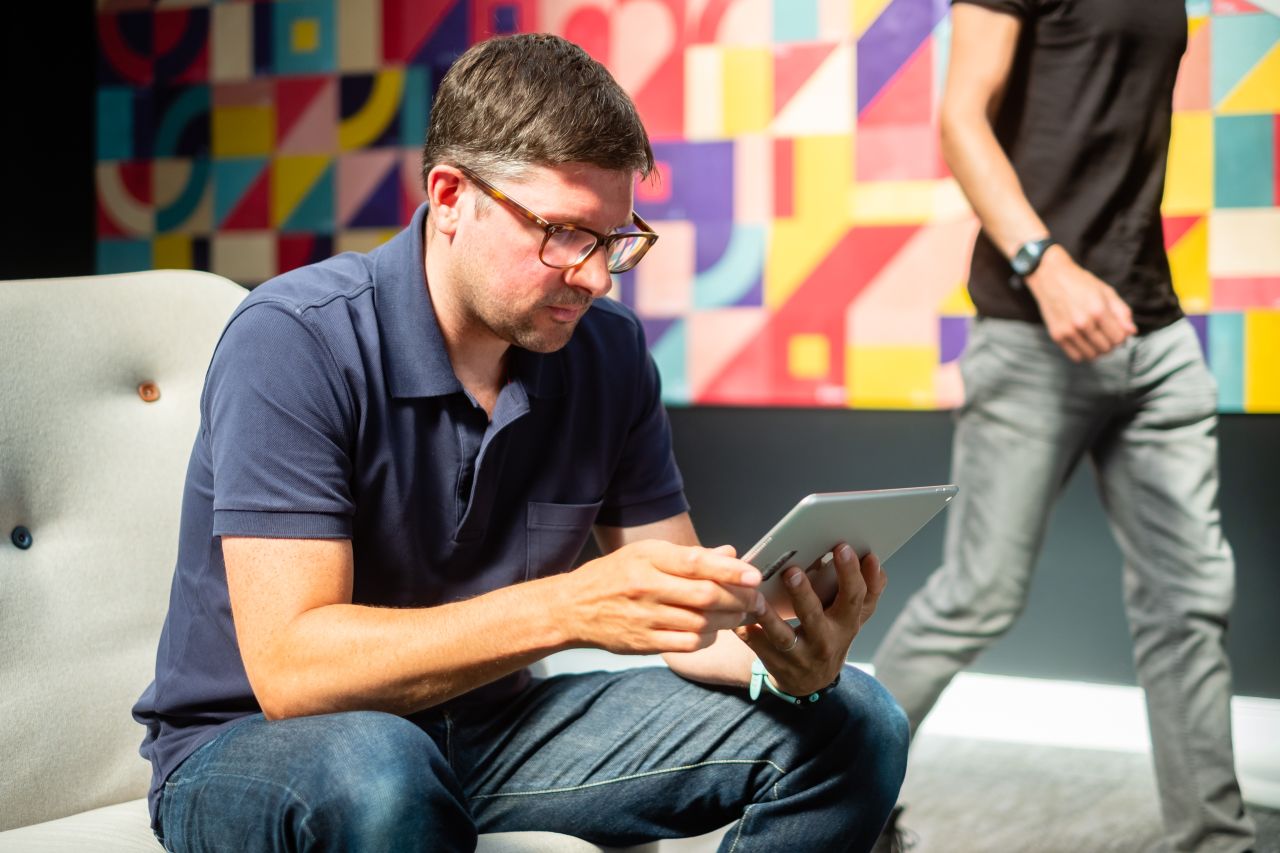
Nick Howe of Uniform. All images courtesy of Uniform
I knew I wanted to be creative, a designer to be precise. I was also keen to stay in Liverpool – a city on the up, full of energy, a place I'd grown to love. Importantly, I wanted to work with two mates I'd met on the product design course, (with whom I would soon be joint agency founders).
But I also felt like I should get a proper job.
Following interviews at a few places up North and in London, I soon realised that moving to the capital wasn't for me. I didn't fit the classic product designer mould, I liked to dabble in lots of stuff, plus jobs were few and far between. I had no experience, but I did have a certain naive confidence, and all these roles seemed too narrow. I wanted to be in control, explore projects creatively, rewrite bad briefs – a job wasn't going to work out for me.
The three of us decided to stick around in Liverpool and do a few projects over the summer. We knew some people in the city and, within a couple of weeks, won our first project. The client was insistent that he wouldn't engage with us on a freelance basis – insurance, getting paid properly, and all that jazz. So in a matter of weeks, Uniform was born. My mum couldn't believe it and told me I was mad!
We had a quiet confidence and an independent attitude. I'm not a scouser, but it's something that's baked into the people here – they're also the friendliest people on earth!
The first few years were a rollercoaster. We careered from project to project, having fun and trying everything. We designed Japanese restaurants and nightclubs (one of which won Mixmag's club interior of the year). We created the world's first tabletop warm sake dispenser for Simon Woodroofe at his fledgeling Yo Sushi. We even designed our own furniture. In 2001 we reached Design Week's 'Ones to Watch' – a lofty achievement we were all and still are, proud of after just two years in business.
From day one, we felt Uniform would always be bigger than its founders. We always wanted to do impactful and creative work, but it also became about building a great business. And that's still at the heart of Uniform today.
As we started to grow more purposefully, we began to develop a set of principles for how to create a successful and sustainable business. Twenty-one years in, we're still learning, growing and evolving, but I think we're finally qualified enough to talk about it.
If you're thinking about starting an agency, here's a handful of those principles to help.
1. The Four Cs
Balance these four things, and all will be good in the world of a creative, client service business:
Clients
Clients come first. Find the ones that align with your values, pay you on time, treat you with respect. Stay customer-focused – put them at the heart of everything you do. And remember, you can only reinvent your business, one new client, at a time, so invest in bringing the right clients on board, whatever that may look like.
Creativity
It's your currency. You're only as good as your last piece of work, don't take your eye off the ball, and never stop innovating, evolving and pushing your own limits. Challenge the brief and demonstrate your ambition and attitude at every opportunity.
Culture
Develop your culture when you're small and protect it as you grow. Invest as much time, energy and money in building your culture as you do in winning clients. Your people are your product, and if you're not investing in them, not inspiring them and not looking after them, then they won't look after your clients and creativity.
Commercial
If you get the first three right, most of the commercials should look after themselves! But don't forget about the cash. Look after the books, make sure clients and projects are profitable, reinvest your profits back into the business and build a war chest for when times get tough, or you hit a bump in the road.
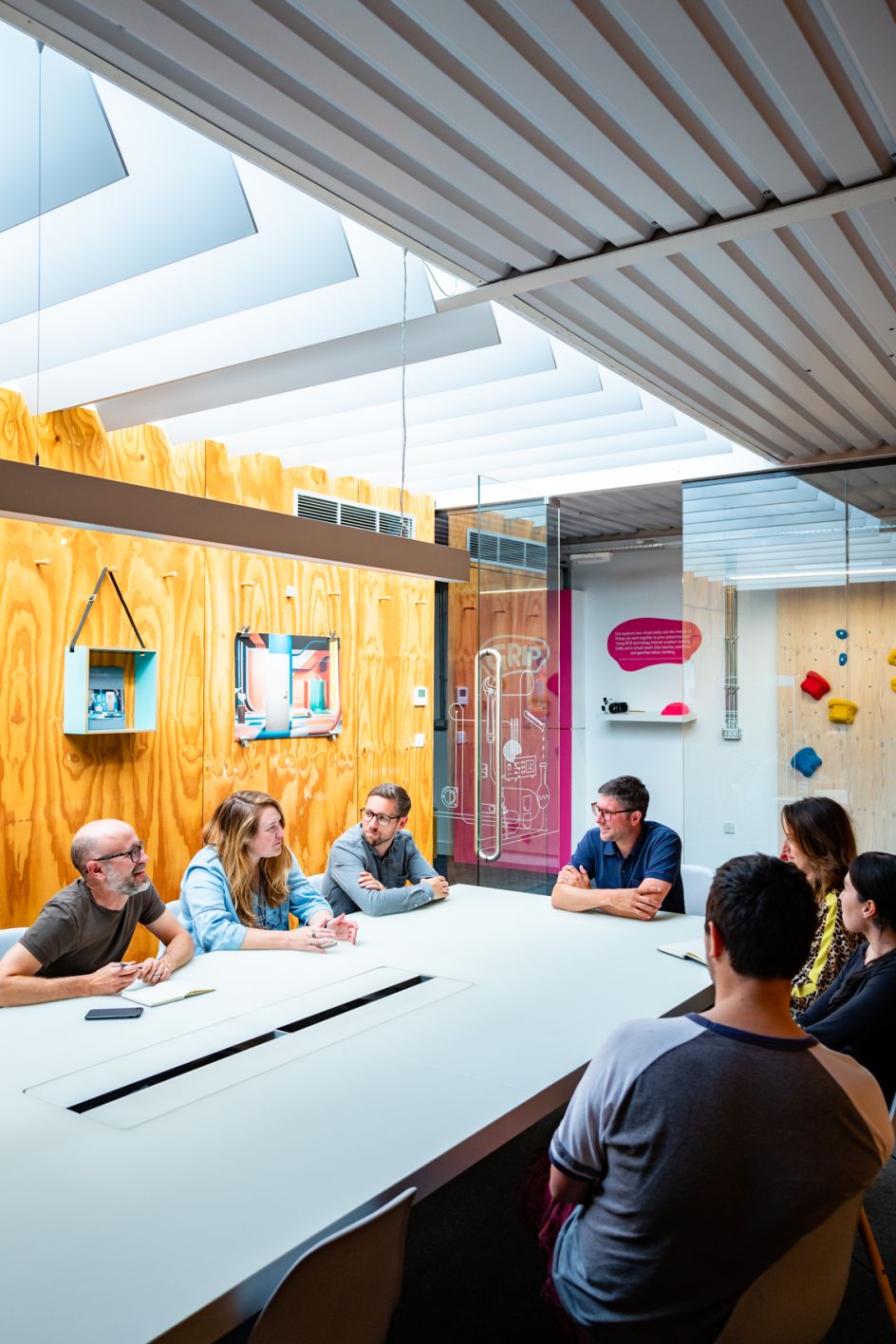
2. Hire people better than you
As you grow, hire people who are better than you and then get out of the way, invest in the best you can afford, trust them, and the payback will be worth it.
When you're a small business, you'll wear many hats. As you grow the trick is take off one at a time, and give it to someone who's an expert in wearing it until you’re doing nothing but making sure you've got the right people wearing the right hats!
3. Never stop learning
Learn from your mistakes - don’t be afraid to fail, but fail fast and learn. Learn to delegate. Learn to let go. Learn to do the tough stuff. Learn about leadership.
It’s a harsh lesson to learn as a designer, often with that innate desire to continually improve and polish everything, but as a leader, I'd choose progress over perfection.
4. Never stop evolving
As soon as you stand still, you'll be left behind. A culture of constant growth, learning and evolution is crucial if you want to survive and thrive. Our DNA "imagine the impossible" is all about this, we're always asking ourselves where are we going in the next five years? How could we make this business better? How can we adapt faster than our competitors and stay ahead of the market? Think about it – if you change your business by 1% each week, you'll have an entirely new company in two years.
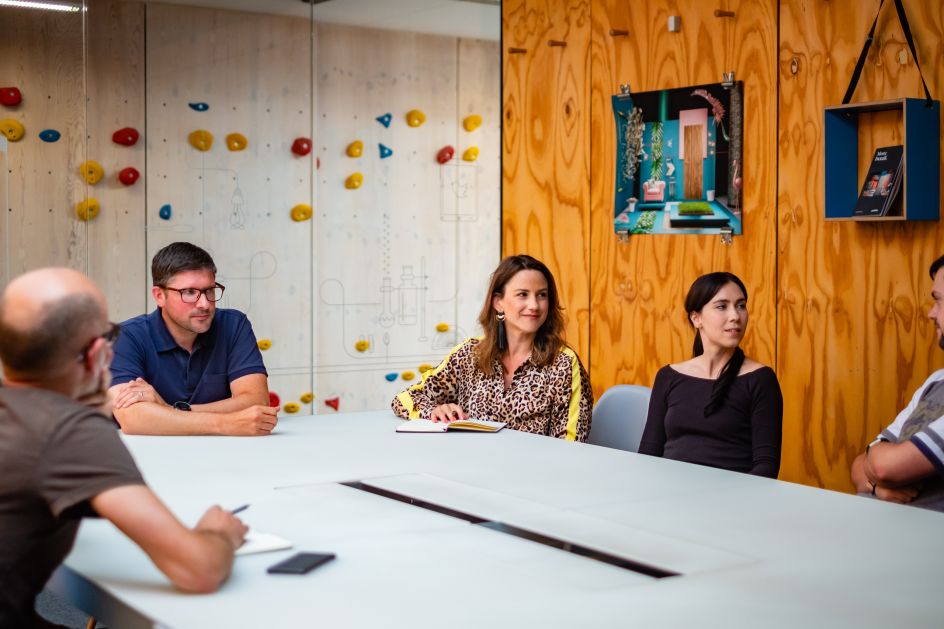
5. Embrace openness
We've been very open about our business from day one, both internally and externally. It's part of that culture of learning. Don't be afraid to share the ups and the downs; you'll soon find out that everyone's been through the same stuff at some point.
Find people who can help you, who've been there and done it. Hire non-execs and learn from them and allow them to keep you focused on the big picture. Tell people your plans, once you've said it or put it down on paper, it makes it real and gives you the motivation to hold yourself accountable.
A final note
So what do I do now? Well, these days, my role is all about maintaining balance. Successfully balancing clients, creativity, and our culture is what I believe has been at the heart of our story over the last two decades, and will continue to be.
It might sound simple, but it works. Bring in the right clients, keep them happy (don't forget to get rid of the bad ones!); produce brilliant work, keep innovating, never stop pushing creativity; and run the business well, look after your team, create the right environment and culture for people to do the best work of their lives. Get all that right, and the commercial stuff pretty much looks after itself.
And finally, never stop evolving, a focus on the future and where you want to be means you're always moving forward, not getting left behind. Don't be afraid to change course, adjust if it doesn't feel right. Enjoy the journey, because if you don't, what's the point?
This article was written by Nick Howe of Uniform, a creative agency based in Liverpool and London with clients including Fever Tree, Encona, Primark, Urban Splash, Bleacher Report, and Ideal Standard. Discover more at uniform.net.
